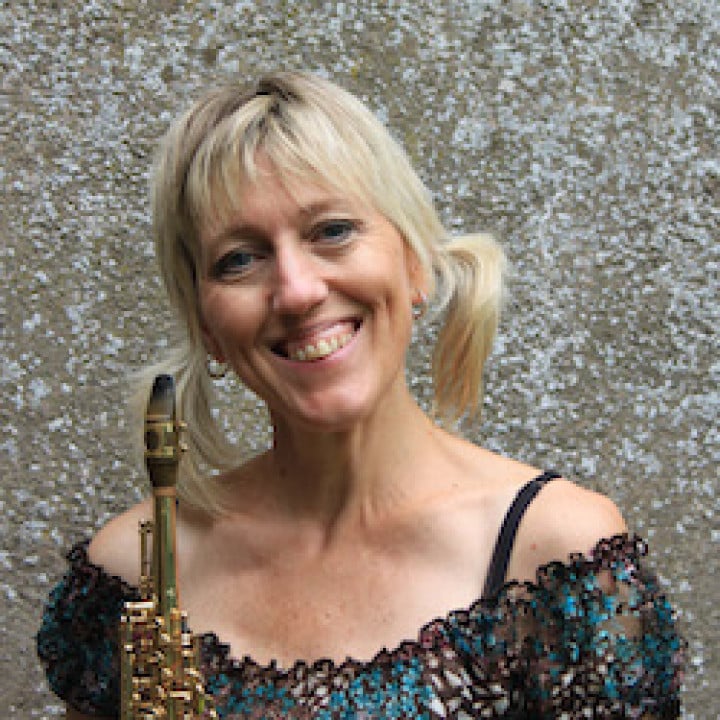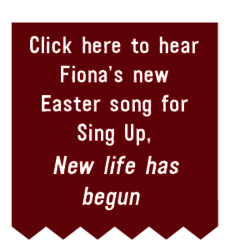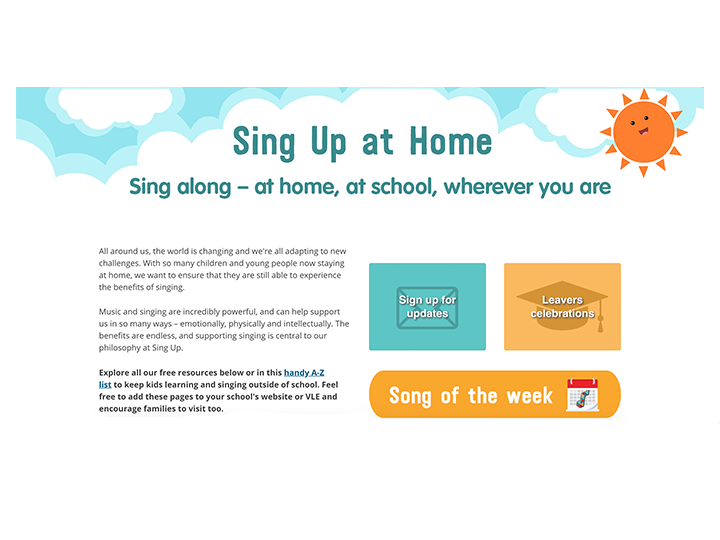
Tell us about yourself.
I grew up in Northumberland where I was encouraged and hugely inspired by my jazz pianist father and several different music teachers. I had piano and clarinet lessons and took up every musical opportunity that came my way. I left home to study composition and arrangement followed by a PGCE. Nine very rewarding years of Secondary school classroom teaching followed, during which time I met guitarist/singer songwriter Paul Mason, whom I have been co-writing, recording and performing with as Landermason ever since. I have returned to my native Northumberland and enjoy a varied life of teaching, composing, touring and organising musical events in the North Tyne Valley.
Can you tell us a little about your creative process? What comes first and how do you develop ideas?
Generally I get started at the piano, experimenting with different chord progressions and melodic themes but I sometimes get the best ideas in my head whilst out and about walking the dog or running. A great melody will work with and without a backing so if I sing something I like, I’ll try hard to remember it. There have been numerous occasions when I’ve returned home saying to Paul “don’t talk to me – I’ve got an idea I need to write it down!”
Once a piece is underway, I am very conscious that ideas can develop quickly and occasionally get out of hand. This can lead to some exciting things but can also take a piece in the wrong direction. To avoid this happening, I take regular breaks, step back from the music for a few hours or even a few days, then return with fresh ears. It then becomes really obvious what works and what doesn’t.
Who are some of your biggest songwriting inspirations?
George Gershwin, Cole Porter, Lennon and McCartney, Simon and Garfunkel, Carole King, Tori Amos, Burt Bacharach and Liane Carroll.
What’s your biggest priority when writing for children and young people?
Comfort and catchiness. If children are singing in a range they are comfortable with, and it’s easy to remember, they will usually deliver the goods.
What’s your favourite thing about writing music for younger voices?
There are lots but I have always loved the challenge of writing/arranging music for young mixed ability groups. Singing is one of the quickest and most effective ways young people can unite and bond together. It’s also fun and can help raise confidence and self esteem. There will always be those that want to sing and those that don’t. If a tune is catchy or powerful enough, everyone will want to be involved!
How do you transfer your arranging skills across the different musical groups you write for?

Each project requires a measured approach to fit within the criteria of a brief or self-imposed guidelines. Having recorded 6 albums with Paul, I now have enough knowledge to use the studio myself to try out ideas and build up arrangements relatively quickly.
Where can we hear Landermason performing some of your personal arrangements?
Our music can be heard live at performances when we are touring or as video/audio clips at www.landermason.com
How is responding to a commission like Sing Up’s new Easter song different from your other composing?
The brief was very specific… length of song, instrumentation, structure, mood and vocal range all specified. I am used to composing without quite so many restrictions but in fact I enjoyed having these boundaries and probably produced the work more quickly as a result!
How did you approach it?
I knew that I couldn’t really get started without the words, so I jotted down as many Easter-related thoughts, phrases and words that I thought might be useful to have as a reference. I then started playing around with the ones I liked rhythmically and added some rhyming alternatives to the sheet ready to draw upon later.
In the second verse of New life has begun, the music changes under the lyrics “Even in the darkest hour”. How did you capture the essence of the lyrics in the music of the song?
I snuck in a subtle minor chord in the right hand of the accompaniment without changing the underlying bass, to create a darker and more thought provoking mood, just for an instance.
Do you have any advice for young aspiring composers?
Always try to have a high point in your piece or a section that everyone really looks forward to. It may be an unexpected harmony or a new instrumental addition. Music is written to be performed, so as a composer you must aim to impress both the performers and the audience…leave them all wanting more!



